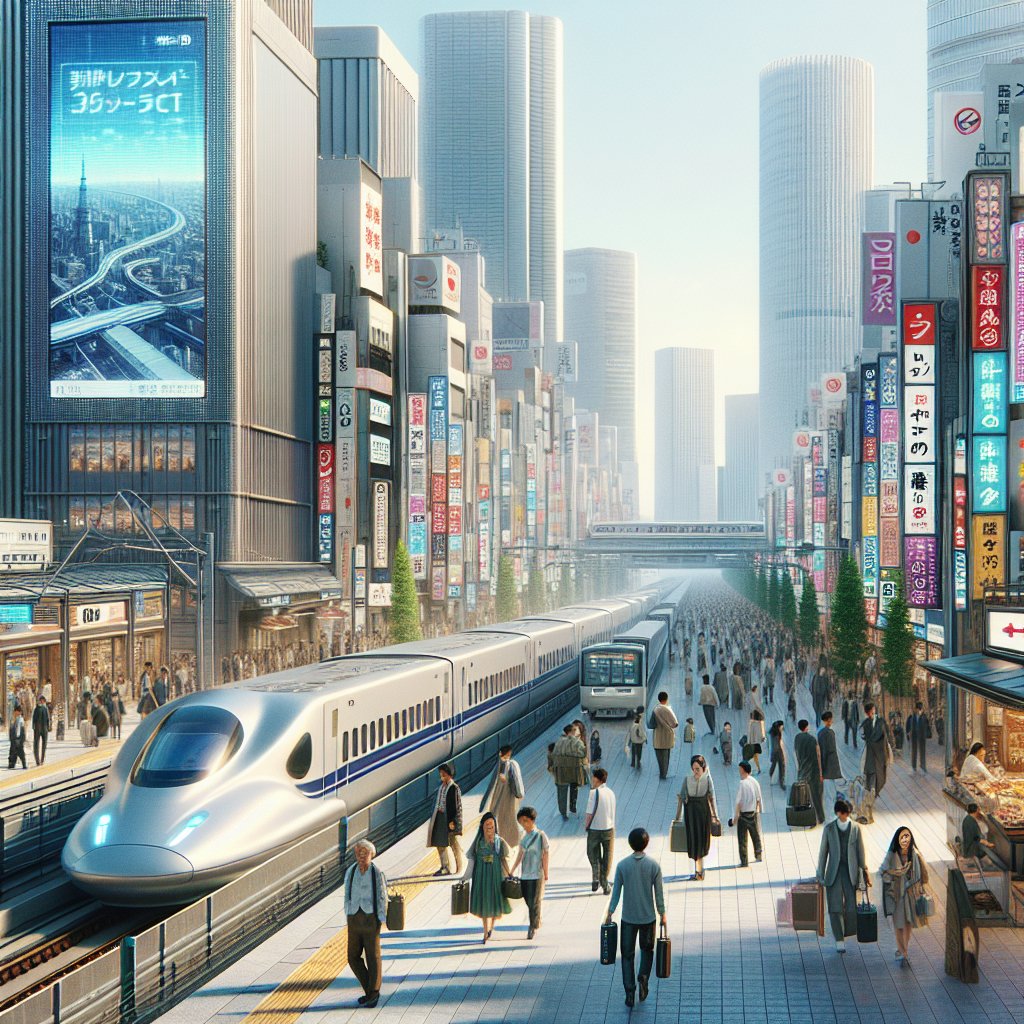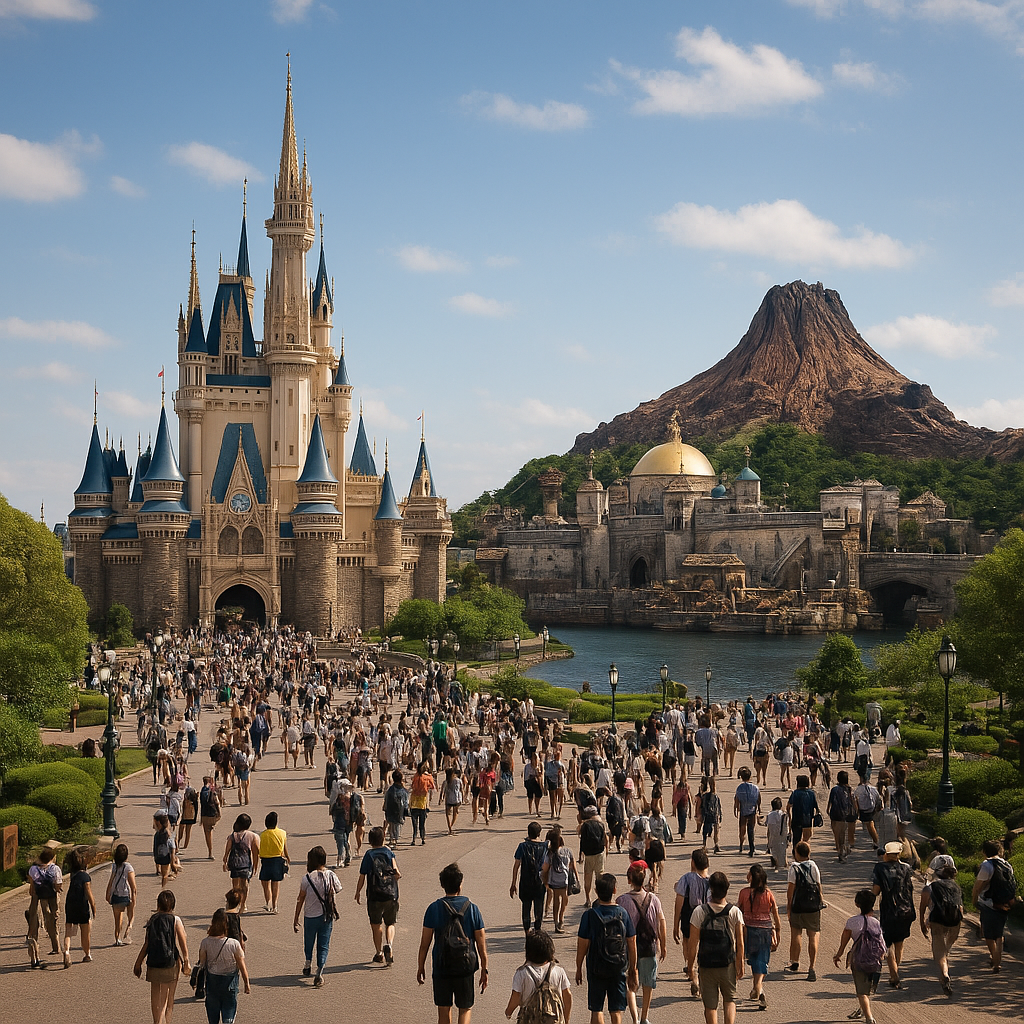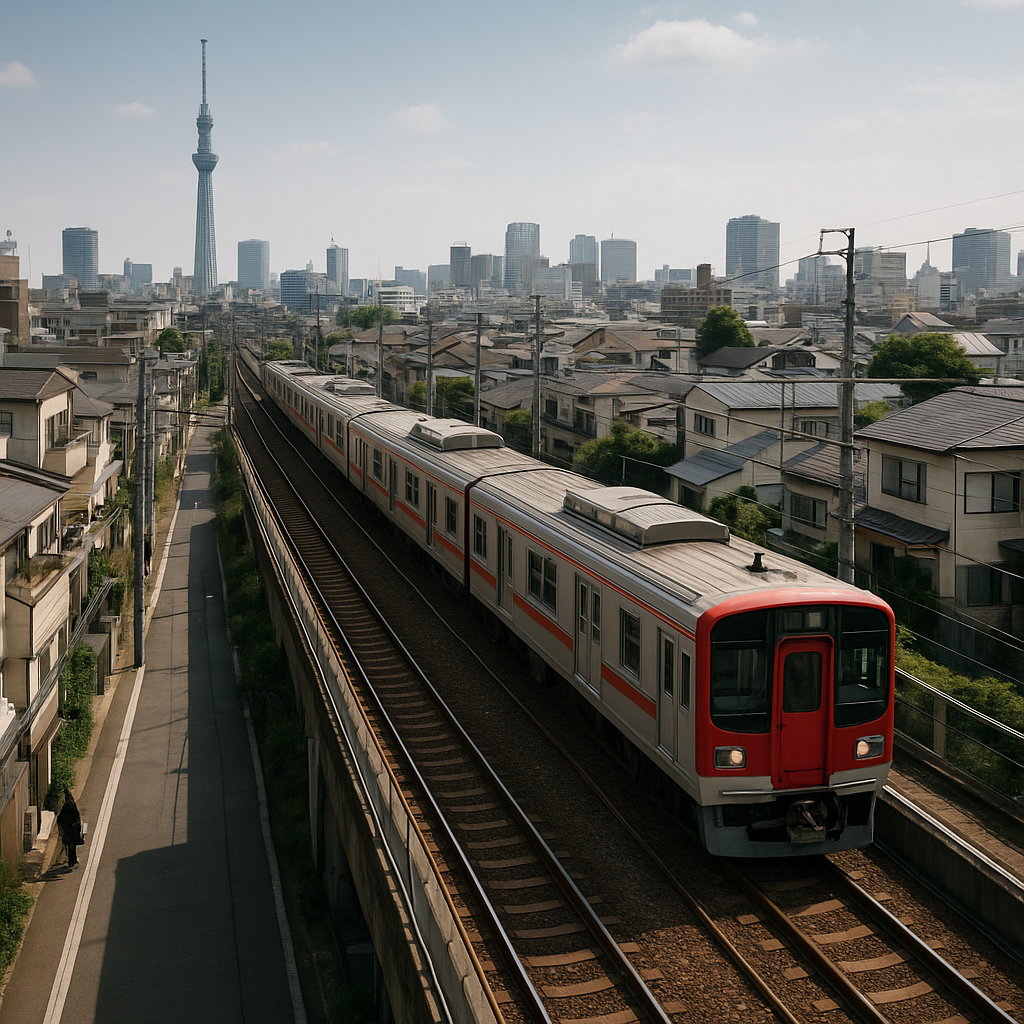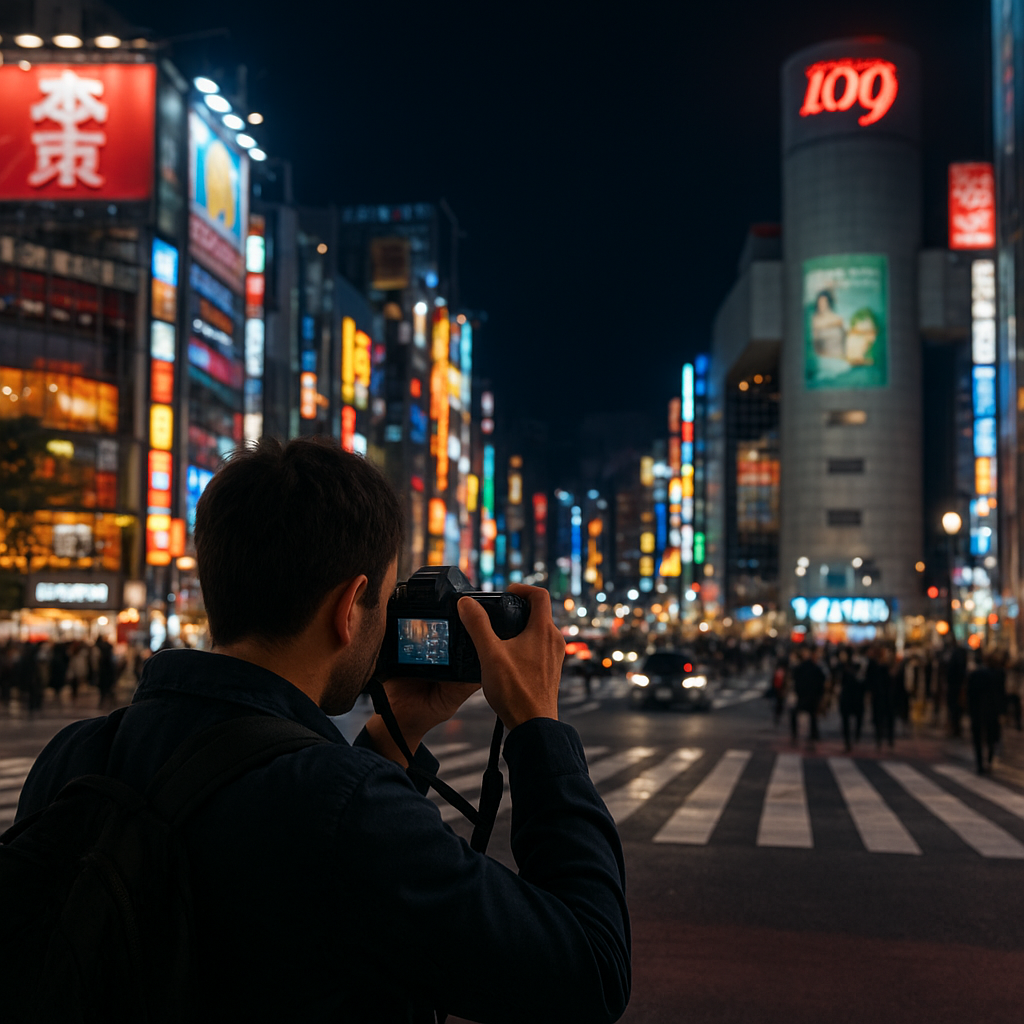Tokyo, the bustling capital of Japan, is a city where tradition meets innovation, and nowhere is this more evident than in the role technology plays in the everyday lives of its residents. From the moment one steps into this vibrant metropolis, the seamless integration of cutting-edge technology into daily routines becomes apparent. This article explores how technology influences various aspects of life in Tokyo, from transportation and communication to entertainment and urban planning.
Transportation: A Technological Marvel
One of the most striking examples of technology’s impact on daily life in Tokyo is its transportation system. The city boasts one of the most efficient and advanced public transportation networks in the world, with its iconic Shinkansen bullet trains, extensive subway lines, and innovative bus systems. The integration of technology into these systems ensures that millions of commuters can travel across the city with ease and efficiency.
The Shinkansen, or bullet train, is a symbol of Japan’s technological prowess. Capable of reaching speeds of up to 320 km/h (199 mph), these trains connect Tokyo with other major cities across Japan, making long-distance travel quick and convenient. The precision and reliability of the Shinkansen are made possible through advanced engineering and technology, including sophisticated signaling systems and real-time monitoring of train operations.
Within the city, Tokyo’s subway system is a marvel of modern engineering. With over 13 lines and more than 280 stations, the subway network is a lifeline for Tokyoites. Technology plays a crucial role in maintaining the efficiency and safety of the subway system. Automated ticketing machines, electronic fare cards, and real-time train tracking apps make commuting seamless for millions of passengers each day.
Moreover, Tokyo’s buses are equipped with GPS technology, allowing passengers to track their routes and arrival times via smartphone apps. This integration of technology into public transportation not only enhances convenience but also reduces congestion and environmental impact by encouraging the use of public transit over private vehicles.
Communication: Staying Connected in a Digital World
In a city as dynamic as Tokyo, staying connected is essential, and technology plays a pivotal role in facilitating communication. The widespread availability of high-speed internet and mobile networks ensures that residents and visitors alike can stay connected at all times. Tokyo is home to some of the fastest internet speeds in the world, enabling seamless streaming, video conferencing, and online gaming.
Smartphones are ubiquitous in Tokyo, with nearly every resident owning one. These devices are not just tools for communication but also serve as gateways to a wide range of services and information. From navigating the city’s labyrinthine streets with GPS apps to ordering food and shopping online, smartphones have become indispensable in Tokyo’s fast-paced lifestyle.
Social media platforms and messaging apps are also integral to communication in Tokyo. Platforms like LINE, a popular messaging app in Japan, allow users to send messages, make voice and video calls, and share multimedia content. This digital connectivity fosters a sense of community and keeps people connected, whether they are across the city or across the globe.
Entertainment: A Fusion of Tradition and Innovation
Tokyo is a city that never sleeps, and its entertainment scene is a testament to the fusion of tradition and innovation. Technology has transformed the way Tokyoites experience entertainment, offering a plethora of options that cater to diverse tastes and preferences.
One of the most popular forms of entertainment in Tokyo is gaming. The city is a hub for video game enthusiasts, with numerous arcades, gaming cafes, and eSports arenas. Virtual reality (VR) and augmented reality (AR) technologies have taken gaming to new heights, providing immersive experiences that captivate players. Tokyo’s Akihabara district, known as the “Electric Town,” is a mecca for gamers, offering the latest in gaming technology and merchandise.
In addition to gaming, Tokyo’s entertainment landscape includes a rich array of cultural experiences. Traditional arts such as kabuki theater and sumo wrestling coexist with modern attractions like anime and manga. Technology has played a role in preserving and promoting these cultural treasures, with digital archives and online platforms making them accessible to a global audience.
Furthermore, Tokyo’s nightlife is a vibrant mix of traditional izakayas (Japanese pubs) and cutting-edge nightclubs. Many venues incorporate technology into their offerings, with interactive displays, digital art installations, and state-of-the-art sound systems enhancing the overall experience.
Urban Planning: Building a Smart City
As one of the most populous cities in the world, Tokyo faces unique challenges in urban planning and development. Technology is at the forefront of efforts to create a sustainable and livable city for its residents. The concept of a “smart city” is being realized in Tokyo through the integration of technology into infrastructure and services.
Smart city initiatives in Tokyo focus on improving energy efficiency, reducing carbon emissions, and enhancing the quality of life for residents. Advanced technologies such as the Internet of Things (IoT), artificial intelligence (AI), and big data analytics are being employed to optimize resource management and urban services.
For example, smart grids and energy management systems are being implemented to monitor and control energy consumption in real-time. This not only reduces waste but also ensures a stable and reliable energy supply. Additionally, smart waste management systems use sensors and data analytics to optimize waste collection and recycling processes, contributing to a cleaner and more sustainable city.
Tokyo is also investing in smart transportation solutions, such as autonomous vehicles and intelligent traffic management systems, to alleviate congestion and improve mobility. These technologies are designed to enhance safety, reduce travel times, and minimize environmental impact.
Conclusion: Embracing the Future
In conclusion, technology is an integral part of everyday life in Tokyo, shaping the way residents live, work, and play. From transportation and communication to entertainment and urban planning, technology is driving innovation and improving the quality of life in this bustling metropolis. As Tokyo continues to embrace technological advancements, it sets an example for other cities around the world, demonstrating the potential of technology to create a more connected, efficient, and sustainable urban environment.
As we look to the future, the role of technology in Tokyo’s everyday life will only continue to grow, offering new opportunities and challenges. By harnessing the power of technology, Tokyo is poised to remain at the forefront of innovation, leading the way in creating a smarter and more resilient city for generations to come.












